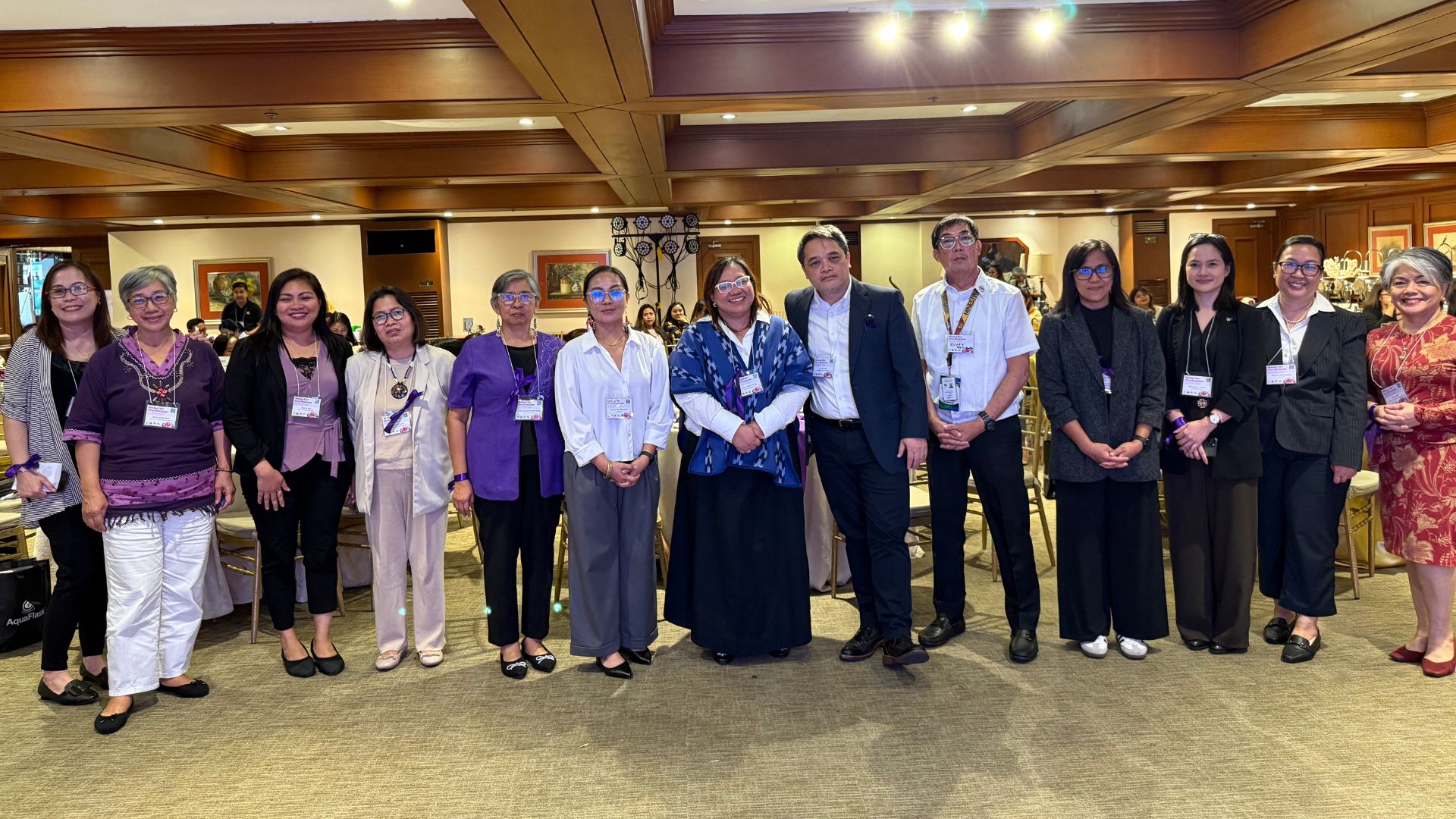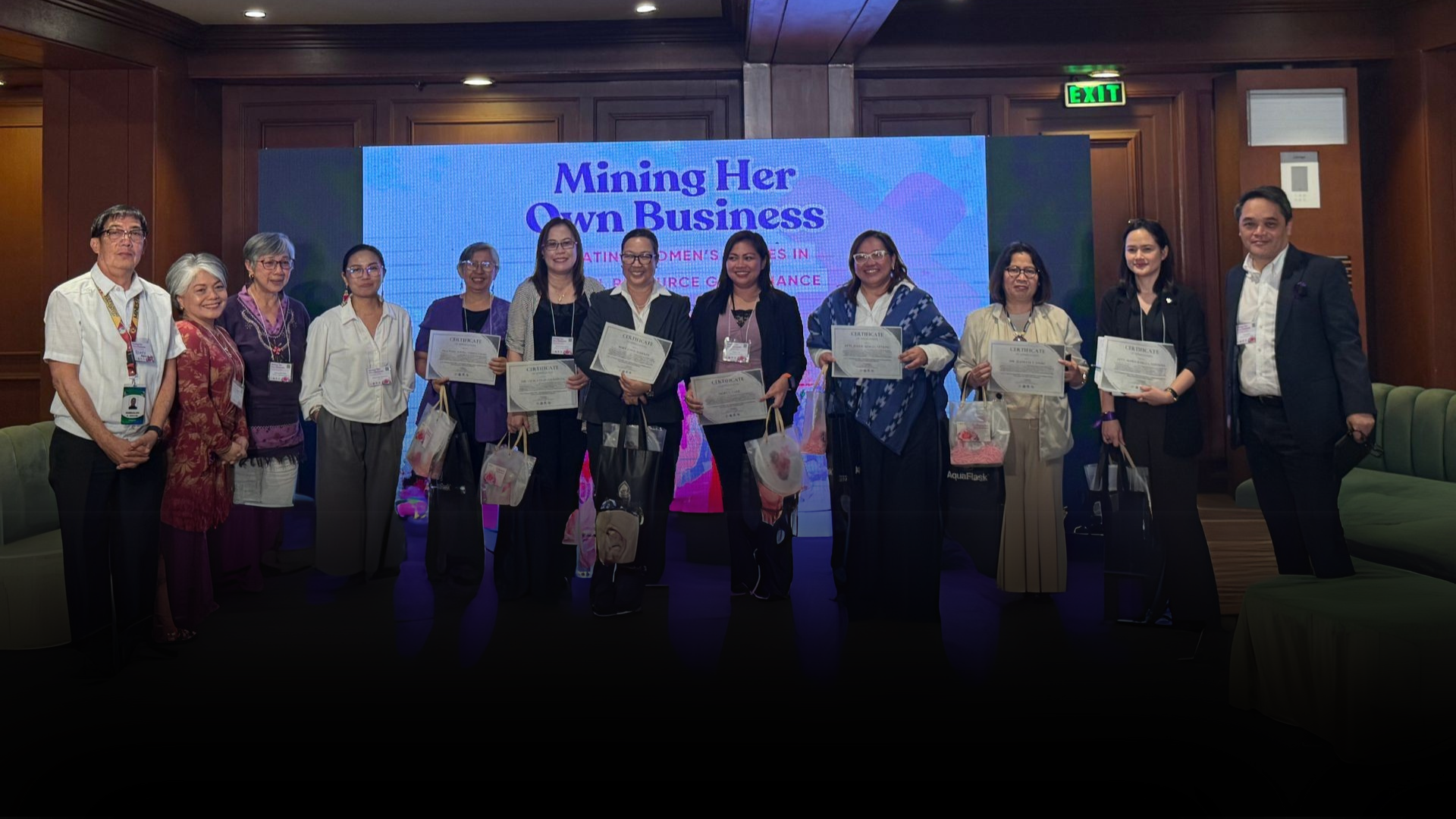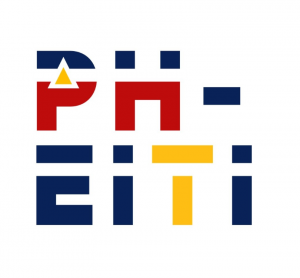Mining Her Own Business: Women Take the
Lead in Natural Resource Governance
March 18, 2025 – Manila, Philippines
In celebration of Women’s Month, the Philippine Extractive Industries Transparency Initiative (PH-EITI), in collaboration with the Chamber of Mines of the Philippines (COMP) and the Mines and Geosciences Bureau (MGB), hosted a Women in Extractives Forum titled “Mining Her Own Business: Elevating Women’s Voices in Natural Resource Governance.” The event brought together over 100 stakeholders from government agencies, the extractive industry, civil society organizations, and academia.
Held on March 18 in Makati, the forum highlighted the critical role of women in shaping the future of natural resource governance and promoting inclusive, gender-responsive policies within the sector. The event featured two sessions, each focusing on empowering women and ensuring gender inclusivity in decision-making processes related to the extractive industries

In the photo: Presenters and reactors received tokens of appreciation for their valuable contributions during the first session, “Empowering Women in Extractives: Strengthening Voices, Breaking Barriers, and Driving Change”.
The first session opened with a powerful discussion on women’s roles in the sector. Ms. Annie G. Dee, President of Teresa Marble Corporation, shared her experiences as a leader in a male-dominated industry. She emphasized the importance of breaking barriers and pushing for gender representation at all levels, calling for more inclusive policies to create leadership opportunities for women.
Chairperson Jennifer Pia Sibug-Las of the National Commission on Indigenous Peoples (NCIP) addressed the unique challenges and opportunities faced by Indigenous women in the extractive sector. She highlighted the importance of amplifying their voices in governance, reminding attendees that intersectionality is key to building inclusive frameworks.
Dr. Djoan Kate Tungpalan of the University of the Philippines delivered an inspiring talk on Women in STEM (Science, Technology, Engineering, and Mathematics). She presented statistics on women enrollees in Mining and Metallurgical Engineering programs and discussed ways to encourage more women to pursue careers in STEM fields.
Ms. Jeanira Godio-Okubo, a member of PILIPINA, Inc. Baguio-Benguet Chapter, spoke on intersectionality, particularly in the context of Indigenous Peoples (IPs). She explored how various social identities—such as race, gender, class, and sexuality—intersect to shape experiences of privilege and discrimination, broadening the audience’s understanding of gender inclusivity.
Reactors for the first session, Ms. Miriam Buergo, a gender and development specialist, and Ms. Araceli Bayubay-Mercado, Chairperson of Save Sierra Madre Network Alliance, deepened the conversation by offering concrete strategies for advancing gender equality and social inclusion in governance and the extractive sector.

In the photo: PH-EITI extends its appreciation to the presenters, reactors, and moderator of the second session, “Harnessing Gender-Sensitive Data to Drive Inclusive Extractive Governance.”
The second session focused on the importance of data in shaping inclusive governance. Moderated by Atty. Maria Karla L. Espinosa, Director IV at the Department of Finance, this session underscored the critical role of gender-sensitive data in shaping policies and ensuring women’s voices are included in decision-making processes.
Dir. Jeanette T. Damo of the Institute of Labor Studies at the Department of Labor and Employment (DOLE) provided an insightful overview of the challenges in collecting gender-sensitive data. She emphasized how accurate, disaggregated data can influence policy reforms and highlighted gaps in labor trends within the extractive sector, particularly for marginalized groups.
Ms. Mary Ann D. Rodolfo, National Coordinator of PH-EITI, presented PH-EITI’s gender initiatives and the gender-disaggregated data collected and published in its recent country report. She highlighted the composition of workers in the extractive industry and its contribution to national employment, offering recommendations on how to make the sector more inclusive for everyone.
A corporate perspective was offered by Atty. Joan D. Adaci-Cattiling, President and General Manager for External Affairs and Social Performance at OceanaGold Philippines, Inc. She shared examples of gender-sensitive initiatives within the company, highlighting efforts to promote inclusivity in corporate practices.
Ms. Diory G. Carr, GAD Focal Person at MGB, discussed the intersection of gender and environmental governance, emphasizing the need for policies that reflect the diverse experiences of women, especially in areas affected by extractive activities.
Reactors for the second session, Dir. Cecilia Ochavo-Saycon, Regional Director of MGB Region 6, and Prof. Maria Aurora Teresita Tabada, Associate Professor at Visayas State University, reflected on the importance of sustained efforts in data collection and analysis to ensure gender inclusivity becomes a permanent feature of the extractive industry.
As the forum concluded, participants recognized the need to continue advocating for gender inclusivity in the extractive sector. The discussions underscored that true inclusivity requires not only representation but also creating spaces where women’s leadership and perspectives are fully integrated into decision-making processes.
Atty. Ronald Rex Recidoro, Executive Director of COMP, emphasized the importance of forums like this for raising awareness and driving change in the sector. He remarked, “Events like these are important not just to raise awareness but to educate. Not many people know that the involvement of women in the extractives industry is increasing. We want a better handle on the data to know where women are participating and where they’re not. It’s not just in executive positions but also in the rank and file—there are now women miners, and that to me is very exciting.”
The Women in Extractives Forum served as a powerful reminder that gender equity in the sector is a collective effort, encouraging stakeholders to champion sustainable, inclusive, and equitable governance in the extractive industry.

A government-led, multi-stakeholder initiative implementing EITI, the global standard that promotes the open, accountable management, and good governance of oil, gas, and mineral resources. PH-EITI was created on 26 November 2013 through EO No. 147, s. of 2013. It is a government commitment first announced through EO No. 79, s. of 2012.